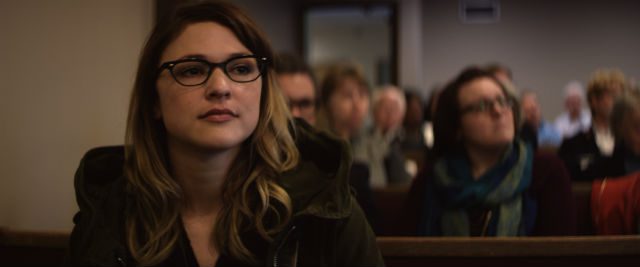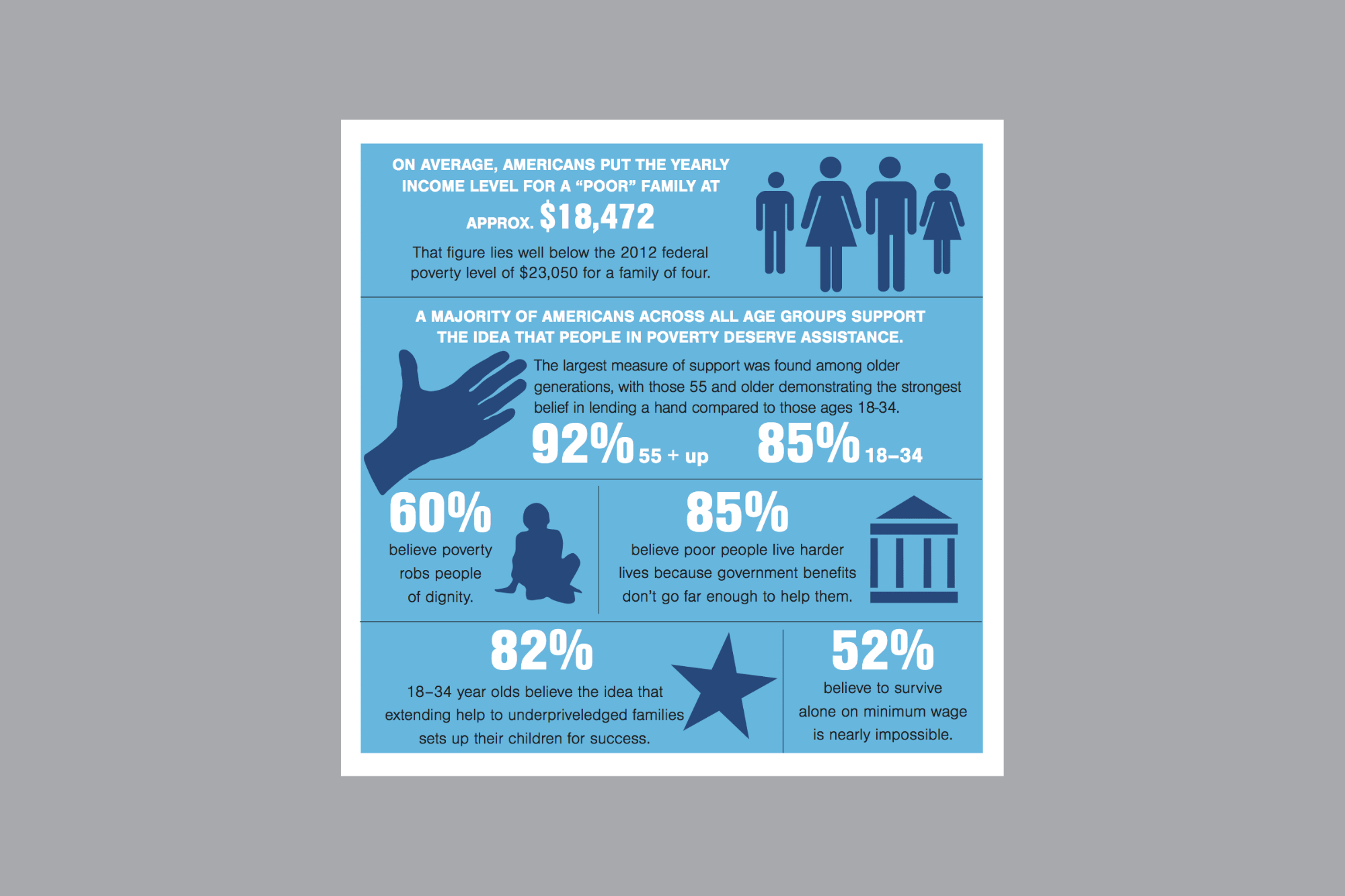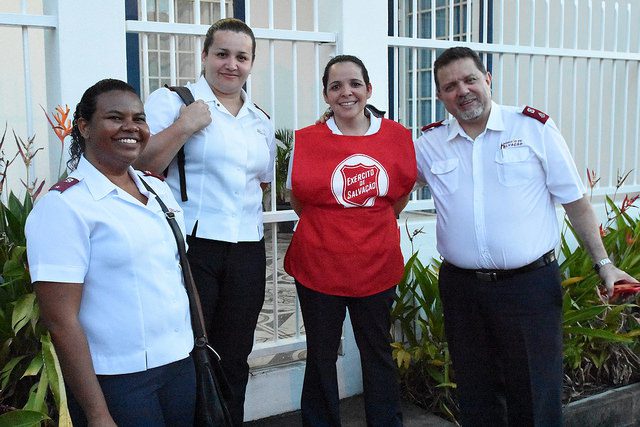Ashley grew up Christian in Southern California, attending Salvation Army music camps regularly as a child. But as a young adult, she found herself living in Seattle, trapped in an emotionally and verbally abusive relationship. Embarrassed and scared, she hid the abuse from her friends and family.
“I definitely…tried to downplay how I felt about the situation—how I was being treated or what was being said to me—and I made a lot of excuses,” she said. “But I also just didn’t tell anybody. You’re embarrassed. You don’t want to admit that it’s gotten that bad.”
One weekend, Ashley said she “woke up and I just thought: I need to go to church.” She looked up The Salvation Army and found the address for the Seattle Temple Corps. But when she arrived, the corps was closed.
“I was so frustrated and so discouraged at that point and I just remember saying to God, ‘You do this to me every time,’” she said. “But something still and quiet inside my head said, ‘Come back next week.’ So that’s what I did.”
The next Sunday, Ashley came to the service late. “I sat in the very back pew…just in case I got a little uncomfortable, I could check out as soon as possible.” The guest speaker began to talk about the importance of kindness and respect in relationships.
“I just started crying because…I wanted my relationship to be that way and it wasn’t, and I just felt so embarrassed and alone,” she said. “Before I knew it, from the other side of the congregation this woman comes and sits down with me and she just immediately, without hesitation, puts her arms around me and she says, ‘It’s OK. Tell me what’s going on. Let me pray for you.’”
She began to tell this woman her story, including details she had never revealed to anyone. “She just listens to me and she doesn’t judge me,” she said. “And she just prays for me and she’s holding me and she’s just giving me so much love in that moment. And it’s love from a complete stranger.”
After the service, Ashley said, “I felt like I had hope again and I knew I wanted to come back the following weekend and I knew I wanted to get more involved.” She began attending the corps regularly and joined the women’s Bible study. For her, the Army became her “safe place.”
Ultimately, she said she found the strength to end her relationship. She says now that the experience “was the journey I had to take to be reconciled to God,” bringing her to a point where she could say, “God, you need to take my life; you need to take control. I’m going to go where you tell me to go. I’m going to do what you want me to do.”
Her restored relationship with God changed not just the circumstances of her life, but her response to trials. “Just because you have a relationship with Jesus doesn’t mean you don’t feel pain, emotional pain, through these things,” she said. “But it was different. Because there was hope in pain now. That’s what had changed. Before there was pain but there was despair, there was wanting to end my life, wanting to escape it.”
When she accepted Christ into her life, Ashley said, “there was still pain, but there was hope and there was trust and there was faith and there was comfort. And there was a light. And I hadn’t experienced that for so long because I was just…dealing with all these things on my own, in my own strength.”
Since coming to faith, Ashley has been able to restore relationships with her family and is now engaged to be married to a fellow soldier from her corps. She is excited about her future.
“I can go through life and just know that God is with me in everything,” she said. “He’s there when it’s hard and he’s there when it’s easy. But either way, he’s there.”
Watch Ashley’s story in a video by SAVN.tv at salar.my/TheLongWalk.













